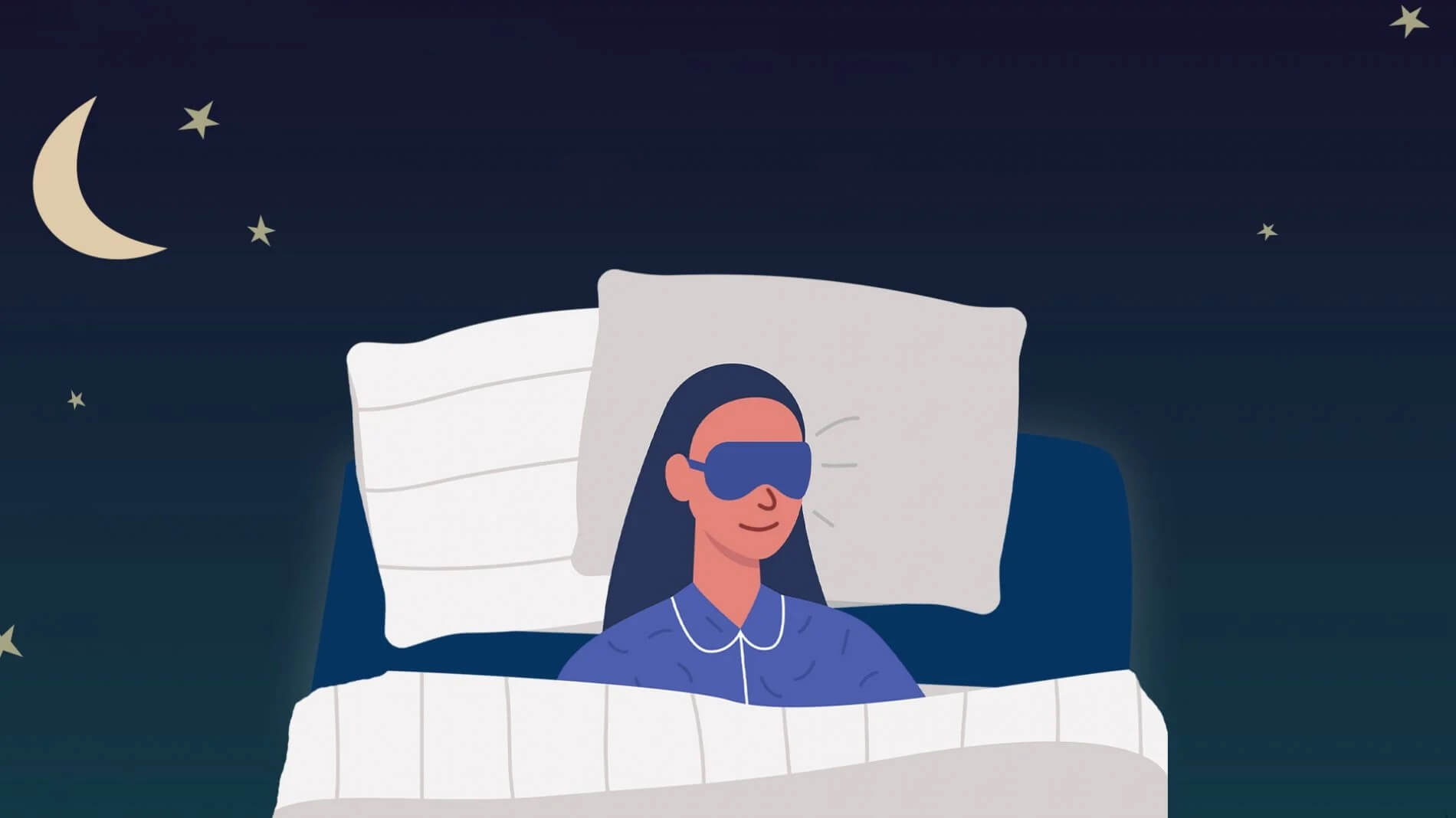
A balanced diet and regular exercise are equally vital to getting a good night’s sleep. Studies reveal that insufficient sleep has an instantaneous detrimental impact on hormones, physical performance, and cognitive abilities. Additionally, it can make adults and children more susceptible to sickness and lead to weight gain.
By contrast, getting enough sleep promotes healthy eating, improved exercise, and overall well-being. The amount and quality of sleep have decreased during the last few decades. A lot of people experience regular insomnia. One of the most crucial things you can do to improve your health or reduce weight is to obtain a good night’s sleep. Here are some research-backed suggestions for improved nighttime sleep.
Increase Your Daytime Exposure to Bright Light
The circadian rhythm is the name for the internal clock that naturally exists in your body. It helps you stay alert and signals your body when it’s time to sleep by influencing your body, brain, and hormones.
During the day, exposure to bright light or natural sunshine promotes a healthy circadian rhythm. This increases energy during the day, lengthening and enhancing sleep quality at night. Those with insomnia exposed to strong light during the day experienced longer and better-quality sleep. Additionally, it shortened the time needed to fall asleep by 83%.
Two hours of bright light exposure throughout the day boosted sleep duration by two hours and efficiency by eighty percent, according to a comparable study on older adults. Even if you have ordinary sleep quality, everyday exposure to light will probably still be beneficial, even if most research subjects have severe sleep problems. If you cannot get sunshine exposure daily, consider purchasing artificial lighting or lightbulbs.
Avoid Taking Caffeine in The Late Hours of The Day
Ninety percent of Americans drink caffeine, which has many benefits. A single dose can improve energy, concentration, and athletic performance. Conversely, caffeine stimulates your nervous system when taken late in the day and may prevent your body from naturally resting at night.
Caffeine use up to six hours before bed considerably reduced sleep quality in one research. Your blood levels of caffeine can remain raised for 6–8 hours. As a result, consuming big amounts of coffee after 3:30–4 p.m. is not advised, particularly if you have difficulties falling asleep or are sensitive to caffeine. Choose decaffeinated coffee if you crave a cup in the late afternoon or evening.
Strive To Go to Bed and Wake Up at Regular Times
The circadian rhythm in your body runs on a fixed cycle, synchronizing with the sunrise and sunset. Maintaining regular sleep and wake hours can improve the quality of your sleep over time. According to a study, people who slept poorly and stayed up late on the weekends reported having inconsistent sleep schedules. Studies have shown that erratic sleep habits can affect melatonin levels and circadian rhythm, key indicators of when your brain should go to sleep.
Try to develop the practice of waking up and going to bed at comparable times if you have trouble falling asleep. Perhaps after a few weeks, you won’t even require an alarm.
Consider Taking a Melatonin Supplement
A crucial hormone for sleep, melatonin signals to your brain when it’s time to unwind and go to bed. A popular sleep aid is supplemental melatonin. Melatonin is frequently used to treat insomnia and can be one of the simplest ways to get to sleep sooner.
A study found that consuming 2 mg of melatonin before bed increased energy and quality of sleep the following day and sped up the process of falling asleep. Half the group saw a 15% improvement in sleep quality in a different trial and fell asleep more quickly.
Furthermore, neither of the aforementioned trials observed any withdrawal symptoms. Because it aids in the restoration of your body’s natural circadian rhythm, melatonin is especially helpful when traveling and transitioning to a new time zone. Melatonin requires a prescription in various countries. Melatonin is easily accessible in stores and online in others. Take 1-2 mg 30-60 minutes before going to bed.
To determine your tolerance, start with a low dose and gradually raise it as necessary. It is recommended that you consult a healthcare professional before using melatonin because it may change the chemistry of your brain.
If you’re considering giving your child melatonin as a sleep aid, you should also consult with them because long-term usage of this supplement in children has not been thoroughly researched. Online stores such as Medzino sell melatonin supplements.
Conclusion
An essential component of your wellness is sleep. Insufficient sleep was found to raise the risk of obesity by 89% in children and 55% in adults, according to a major review. According to the findings of other studies, getting fewer than 7–8 hours a night raises the risk of heart disease and type 2 diabetes. Making sleep a top priority and implementing some of the advice above including sourcing for required supplements online on trusted sites such as Medzino is advised if you want to achieve optimal health and well-being.








